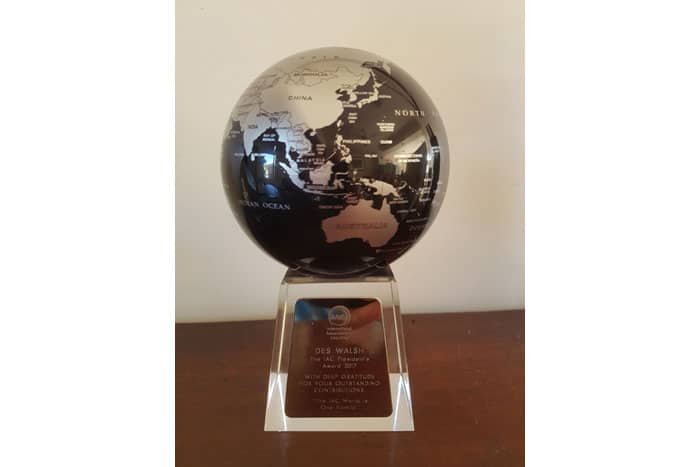Coaching Proficiency #1 – Engages in Provocative Conversations
If you're new here, you may want to subscribe to my RSS feed. Thanks for visiting!
As mentioned in my introductory post to this series, late in 2002 I had the good fortune to take the Certified Coach Intensive Course which was a live event that Coachville used to run in those days. It was particularly good fortune for me because the event I took was led by the legendary Thomas Leonard. In posting this series on the Coaching Proficiencies, as for an earlier, uncompleted set of postings back in September 2003 on another blog I had then, I’m drawing on the notes I took at that event as well as the experience of subsequent teleclass training sessions with Thomas and others through the Coachville Schools of Coaching, and many practical sessions with other Coachville coaches.
The first of the Coaching Proficiencies is Engages in Provocative Conversations.
When I first saw this proficiency listed I thought “Uh-oh, this is like those people who are in your face with very personal and challenging questions before they’ve taken time to get to know you and you to know them.”
Not so, or at least that is not what I got from Thomas Leonard or from studying this proficiency through the Coachville Schools of Coaching. This is not about being rude or otherwise inappropriate. In fact it is about respecting the client enough to have a conversation that is likely to go somewhere and get somewhere, i.e. a lot more than a chat.
Basically, the proficiency of engaging in provocative conversations is about not taking anything at face value. In talking about this at the Certified Coach Intensive in 2002, the question was posed by (or to) Thomas, “How do you know you are being provocative?” and his response was:
- you are intrigued, not bored;
- opportunities open up;
- the client is highly engaged, thinking.
Obviously this proficiency is not about being in the client’s face so much as in the client’s world and showing the client what is possible, in terms of more, or less, or different, as the case applies.
Circumstances, the stage of the client’s development, even (especially?) tone of voice, can make all the difference between a conversation being inappropriately or appropriately productive.
Examples of engaging in provocative conversation are:
- listen for the unsaid
- ask the “duh/obvious” question
- question what does not resonate
My personal view of this proficiency is that being able to engage the client in provocative conversation is a sign of a healthy coaching relationship – not walking on eggshells, not being unduly concerned about upsetting the client – and is respectful of the fact that the client has not hired the coach for friendly chats, but to help him or her grow, a process which is not always painless. It’s also about being really focused and listening for clues, in what is spoken or unspoken, to what I call “the story underneath the story” and then sharing with the client what you are either picking up, or perhaps what you are having trouble picking up.
I would go so far as to say that if a coach can’t engage a client in provocative conversations, it’s not the right match of coach and client. Either a way must be found to make it possible to have those conversations, or the question should be faced as to whether this coaching relationship should continue.
Des Walsh
Business coach and digital entrepreneur. With coach training from Coachville.com and its Graduate School of Coaching, and a founding member of the International Association of Coaching, Des has been coaching business owners and entrepreneurs for the past 20 years. Over the same period he has also been actively engaged in promoting the business opportunities of the digital economy. He is a certified Neurolinguistic Programming (NLP) coach, and a certified specialist in social media strategy and affiliate marketing.

